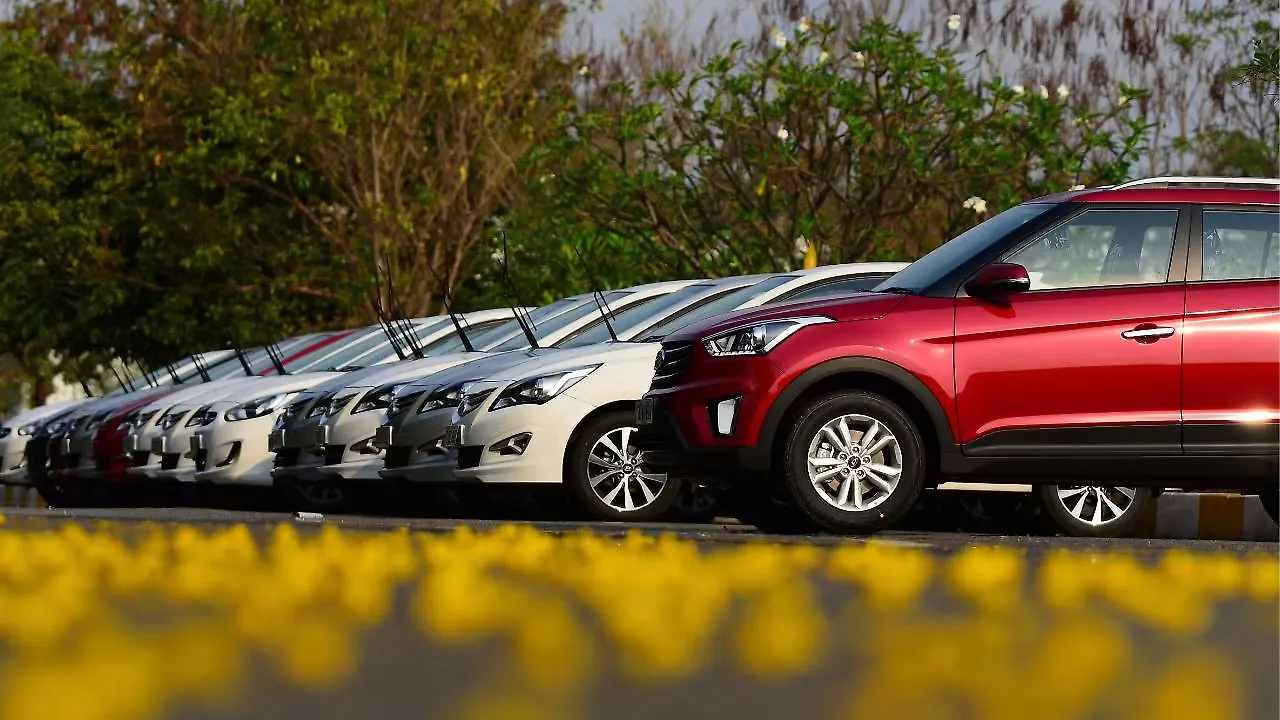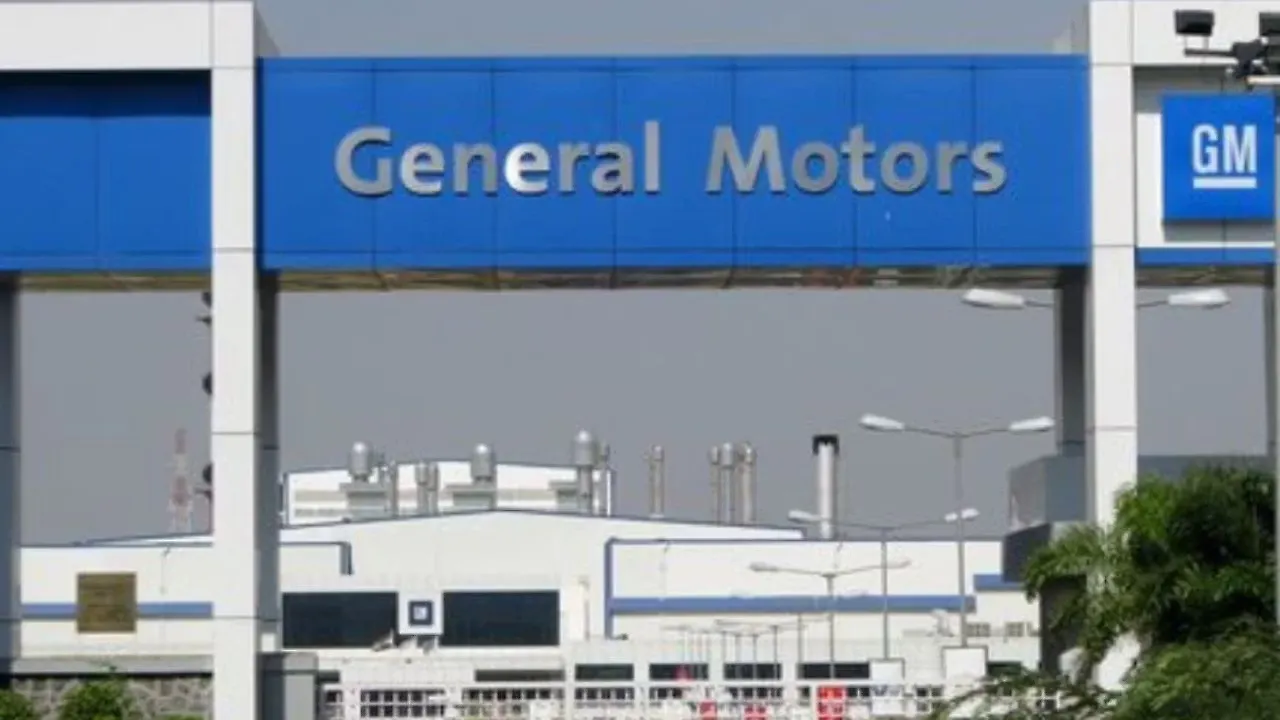
After the native Tatas, it is now the turn of South Korean giant Hyundai Motor to buy up the plant of another American auto major. Hyundai just initialled a term-sheet for the potential acquisition of identified assets related to the Talegaon (Maharashtra) plant of General Motors.
The proposed acquisition, of course, is subject to the signing of the ‘Definitive Asset Purchase Agreement’ and fulfilment of conditions precedent and receipt of regulatory approvals from relevant Government authorities and all the stakeholders related to the acquisition.
Earlier in January this year, Tata Passenger Electric Mobility, an arm of Tata Motors, completed the acquisition of Ford's Sanand (Gujarat) plant for INR 725.7 crore.
Hyundai's Bid
The Hyundai bid to buy the General Motors' plant in Maharashtra comes several months after the American automobile major called off the sale of the shuttered Indian plant to Great Wall Motor of China. The sale move to the Chinese company could not be carried to its logical end for assorted reasons, including toughening of stance by New Delhi towards investments from Beijing in the post-pandemic phase.
Significantly enough, two shuttered plants of two American auto majors located in two different states have found buyers. Interestingly enough, the states where these two shuttered plants are located are run by a political party in power at the Centre. Maybe it is just a coincidence that shuttered auto plants in these states have found fresh buyers fast!
The Tatas are already in Sanand. Considering the adjacency of its location, it made lots of economic and common sense for the Tatas to acquire the Ford plant at Sanand.

De-risking Initiative
The term-sheet signed by Hyundai for the Talegaon plant of General Motors appears to be the right exploratory de-risking initiative. No doubt, the move must be read in the context of a larger de-risking strategy. It is well nigh imprudent to put all eggs in one basket. A manufacturing base outside Tamil Nadu will help Hyundai to serve the Western and other markets – where much of the car buying happens – cost-effectively.
One estimate has put the freight cost of moving one car from its plant near Chennai to major markets in the North and West in the vicinity of around INR 18,000 to INR 20,000. Given that, Hyundai is well served if it could have a production base either up West or North. And if that could be had at a lower price, why not pick it up? Well, that is what Hyundai is toying with now.
Politico-Economic Dynamics
Significantly enough, Hyundai's move comes just days after Piyush Goyal, Union Minister of Commerce and Industries, suggested that the Korean auto majors such as Hyundai and Kia had cost India billions of dollars in trade deficit by misusing the free-trade agreement between the two countries. Addressing the Asia Economic Dialogue in Pune late last month, Goyal had said that the free trade agreement allowed these companies to import indiscriminately.
“The Korean auto industry, specifically Hyundai and Kia, are clearly two of the laggards. They have enjoyed the benefits of our free-trade agreement with Korea and Japan and continue to import indiscriminately,' Goyal had said. What is also not lost on the long-time auto industry watchers in India is the fact that Maharastra – where the rulers are allies to the party that runs New Delhi – is also headed for assembly elections next year. The Hyundai move – at least in some quarters – is read in the context of this larger politico-economic dynamics.

There are indeed several compelling business/ marketing reasons for Hyundai, a resident of Tamil Nadu, to expand into other geographies. No doubt, Tamil Nadu still holds on firmly to its image of being a strong auto manufacturing destination in the country. The fact, nevertheless, is that other states, such as Gujarat and Maharashtra, have gone aggressively to attract incremental investments from automotive OEMs.
Barring French carmaker Citroen, no major new auto OEM investments have come to Tamil Nadu in the recent decade. Maharashtra and Gujarat have attracted incremental investments from domestic and global OEMs (such as Maruti Suzuki, Tata Motors and MG Motors, among others) for their future capacity expansion. Also, shuttered factories of the US carmakers Ford and General Motors in other states have found buyers.
A few years ago, the Chinese-owned British brand MG Motor acquired the Halol plant of General Motors on an asset sale basis. The Ford factory in Tamil Nadu has not attracted any investors to date. Ford downed shutters on the Chennai factory in August 2022.
Decelerating Momentum
The arrival of Hyundai and Ford to Tamil Nadu in the '90s indeed triggered an avalanche of foreign direct investment into the State. Somewhere on the way, however, the momentum has decelerated. The ecosystem is robust. Talent is abundant. And the infrastructure is tailor-made. Nearly 40% of the country’s automobile production happens in Tamil Nadu.
In an era where incentive-based sweeteners for attracting investments have long disappeared, states need to be much savvier. Not just that. They have to be nimble. The Nokia tax imbroglio, the Jallikattu agitation that inadvertently turned anti-MNC muddle, the seemingly inextricable Sterlite episode and the like appear to have an avoidable impact on the mindset. The last-mile issue has to be gotten over. And the political bosses must think out-of-box to convert the innate strength of the State into a realisable dream.
Discussions with experts across the canvass throw up useful insights on the way forward. The ground situation in Tamil Nadu is tailor-made for extensive R&D possibilities. Ford has indeed a huge R&D base in the State. Mahindras, too, have a state-of-the-art R&D campus near Chennai. The State must capitalise upon the EV (electric vehicle) push by the Centre. The DMK Government has indeed come out with an EV policy. It should quickly step in and hand-hold the auto industry in the State to make a faster transition to the EV ecosystem. There is so much that a State could do in terms of facilitating a faster switch to the EV world. If there is a will – political will at that – there is a way, surely.
Also Read:
With Hyundai-GM Deal, A Look At India’s Abandoned Car Plants
Hyundai Signs Term Sheet Pact To Acquire GM's Talegaon Plant